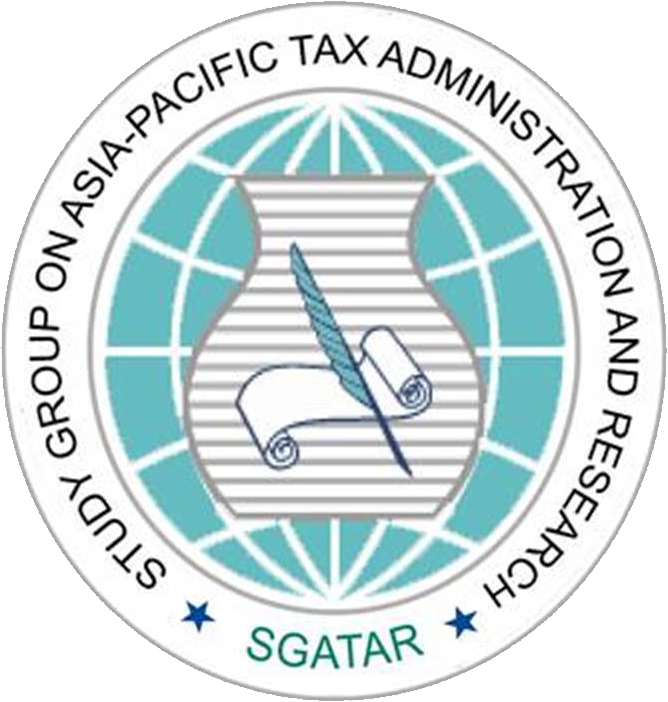Information Sharing
Standardising bulk information sharing among tax authorities in an effort to combat tax evasion.
SGATAR

Study Group on Asia-Pacific Tax Administration and Research
Standardising bulk information sharing among tax authorities in an effort to combat tax evasion.
Offshore tax evasion is a serious problem for all jurisdictions, receiving heightened political attention since the onset of the global financial crisis. More recently, international leaders have focussed on automatic exchange of tax information as a key opportunity to close avenues for offshore tax evasion. Automatic information exchange enables tax administrations to detect and address evasion in cases where there had been no previous indication or evidence of non-compliance.
Following the G20 Leaders’ endorsement of automatic exchange as the new global standard, in February 2014 G20 Finance Ministers and Central Bank Governors endorsed the OECD Common Reporting Standard (CRS) as the global model for automatic exchange. The CRS would see the exchange of information on financial accounts (comprehensive investment income and account balances) held by foreign tax residents in a wide range of reporting financial institutions. The information would be exchanged on an automatic and yearly basis using common technical solutions and data safeguarding and confidentiality standards.
Global adoption of the CRS is expected to substantially increase the exchange of bulk data between jurisdictions. It raises a number of questions as to how the data might be utilised for compliance purposes and international collaborative efforts, and, more broadly, improving tax authorities’ business practices.
SGATAR members discuss how they currently manage bulk data and their potential readiness for multilateral exchange, and bulk data analysis, through the CRS.